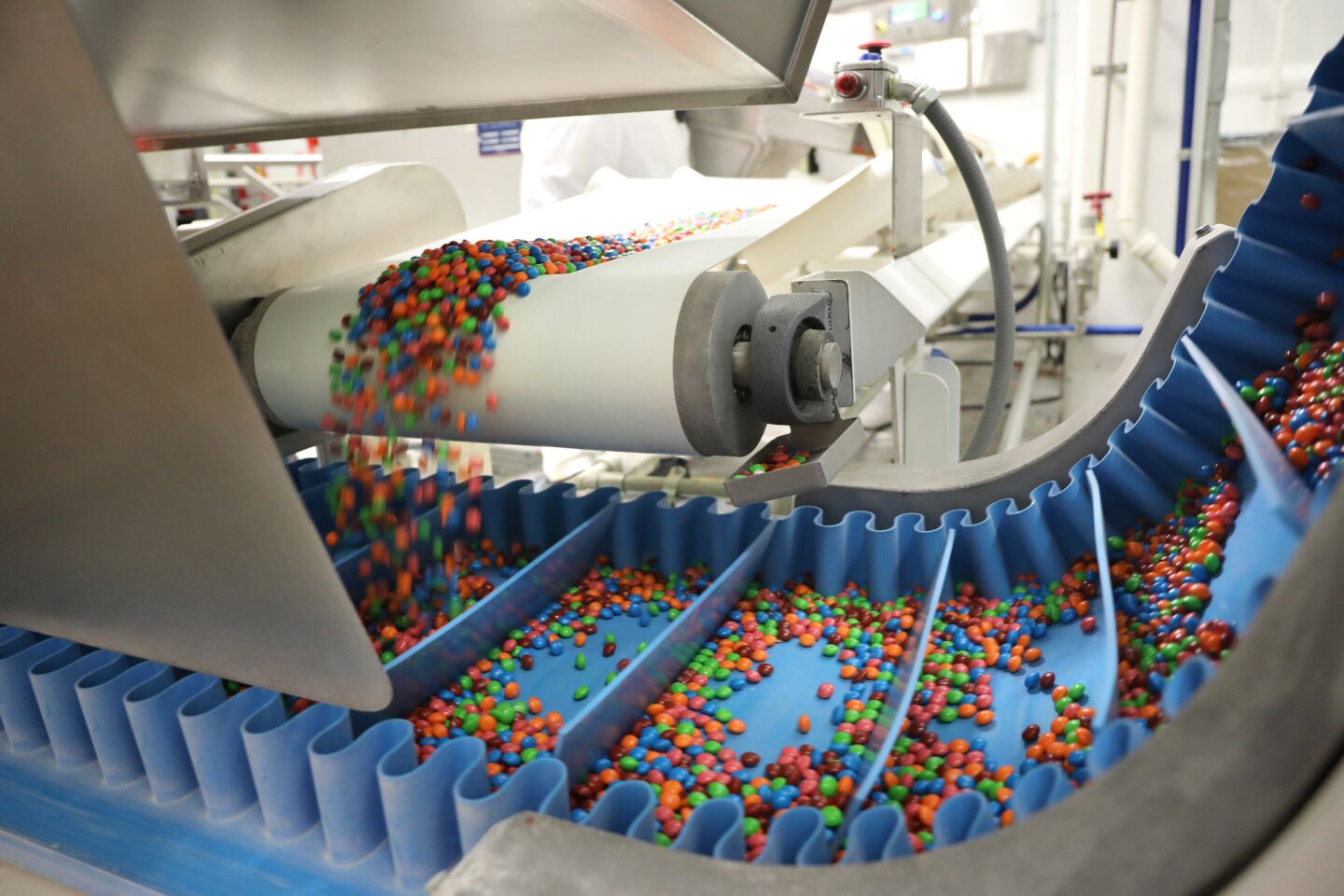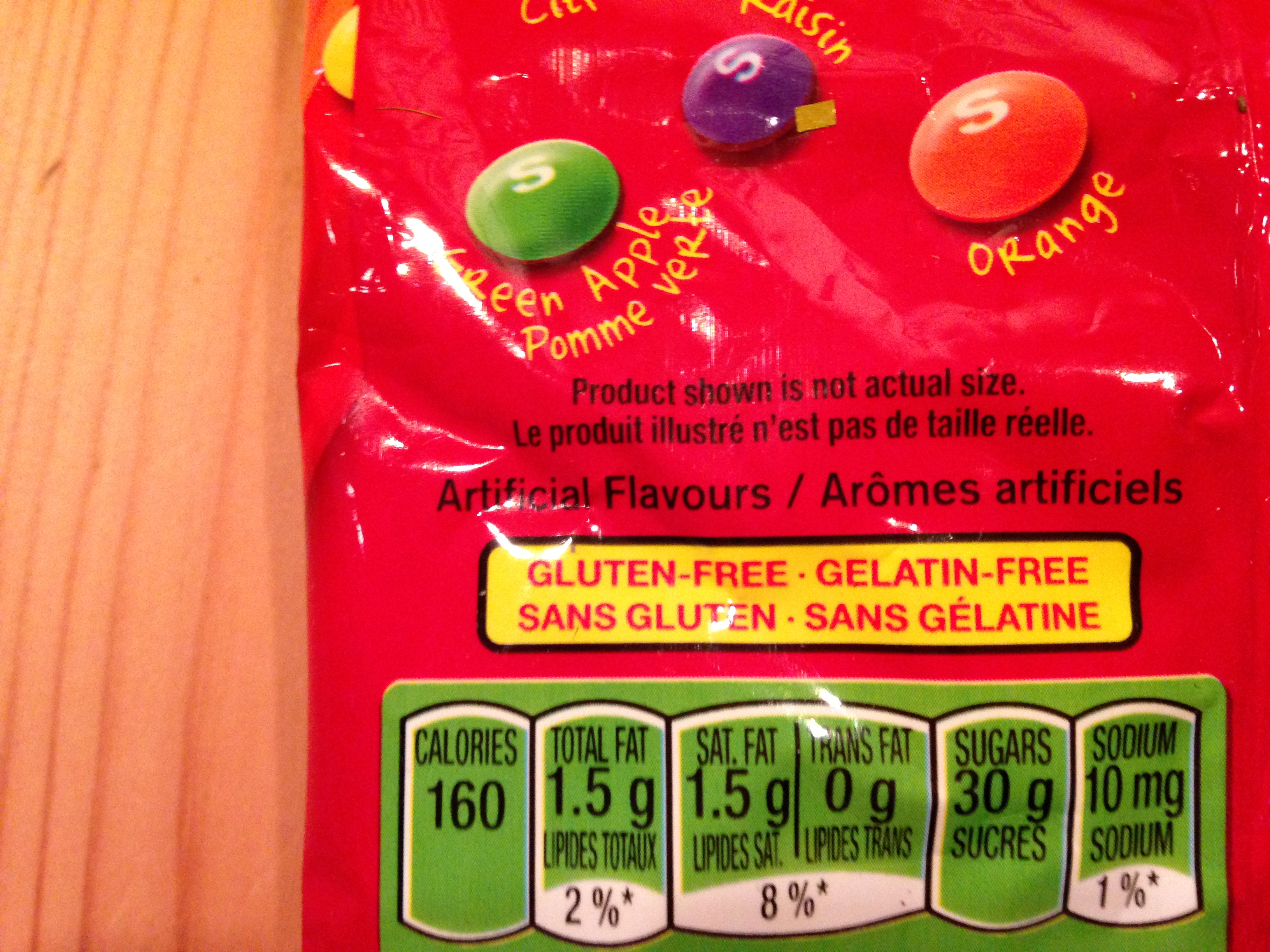Are Skittles Gluten-Free? A Comprehensive Guide to Gluten Content in Skittles
Skittles, the colorful and fruity candies loved by many, have become a popular choice for those with gluten sensitivities or celiac disease. However, it's crucial to address the burning question: Are Skittles gluten-free? In this comprehensive guide, we will delve into the ingredients, manufacturing processes, and relevant certifications to determine whether Skittles can be safely consumed by individuals following a gluten-free diet. Join us as we explore the gluten content of Skittles and provide valuable insights for those seeking gluten-free treats.
I. Understanding Gluten and Its Impact:
Before we discuss the gluten content in Skittles, it's essential to understand what gluten is and why it can be problematic for certain individuals.
Gluten is a protein found in wheat, barley, and rye, and it can trigger an immune response in people with celiac disease or non-celiac gluten sensitivity. Consuming gluten can lead to various adverse effects, including digestive issues, nutritional deficiencies, and long-term health complications.
II. Skittles Ingredients Breakdown:
To determine whether Skittles are gluten-free, we must examine the ingredients list. Skittles consist of several key components, including sugar, corn syrup, hydrogenated palm kernel oil, fruit juice concentrates, and natural and artificial flavors.

Skittles Ingredients
These ingredients do not inherently contain gluten, suggesting that Skittles might be gluten-free. However, cross-contamination during the manufacturing process is a crucial factor to consider.
III. Manufacturing Processes and Cross-Contamination:
Manufacturing facilities often handle various products, some of which may contain gluten. Cross-contamination can occur when gluten-containing products come into contact with gluten-free items, leading to trace amounts of gluten in the final product.

Skittles' Manufacturing Processes
Skittles' parent company, Mars, Incorporated, has stringent protocols in place to minimize the risk of cross-contamination. While Mars strives to maintain separate production lines and conducts thorough cleaning, it's important to note that no guarantee of zero gluten content can be provided.
IV. Gluten-Free Certifications and Skittles:
Certifications can provide reassurance to individuals with gluten sensitivities. Although Skittles do not carry a specific gluten-free certification, they are listed on several trusted gluten-free databases and forums. These databases indicate that Skittles meet the criteria for being considered gluten-free.
However, it's crucial to exercise personal judgment and consult a healthcare professional if you have severe gluten allergies or sensitivities.
V. Understanding the Risks and Individual Tolerance:
Individuals vary in their sensitivity to gluten. While some may tolerate minimal amounts of gluten without adverse effects, others may experience symptoms even from trace amounts. It's vital for individuals following a gluten-free diet to be aware of their own tolerance levels and make informed decisions based on their unique circumstances and health requirements.
VI. Skittles' Gluten-Free Claims and Labeling:
Skittles packaging may vary by region, and the labeling may differ accordingly. In some countries, Skittles packages are explicitly labeled as gluten-free, providing consumers with additional peace of mind.

Skittles' Gluten-Free Claims
However, in regions where such labeling is absent, it is advisable to refer to the ingredients list and contact the manufacturer directly for the most accurate and up-to-date information.
VII. Conclusion:
In conclusion, Skittles can be considered gluten-free based on their ingredient list and the efforts made by Mars, Incorporated to minimize cross-contamination. While Skittles may not carry a specific gluten-free certification, they are generally recognized as a safe option for individuals following a gluten-free diet.
However, it is crucial for individuals to assess their personal tolerance levels and consult healthcare professionals if needed. As always, staying informed, reading labels, and understanding manufacturing processes are essential steps in making informed choices about gluten-free food consumption.